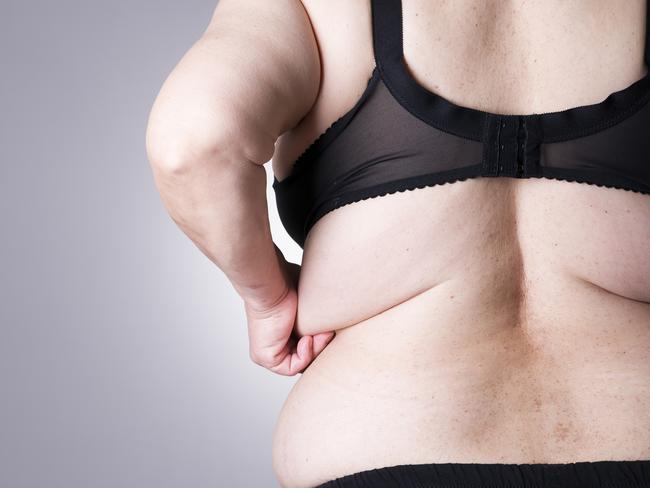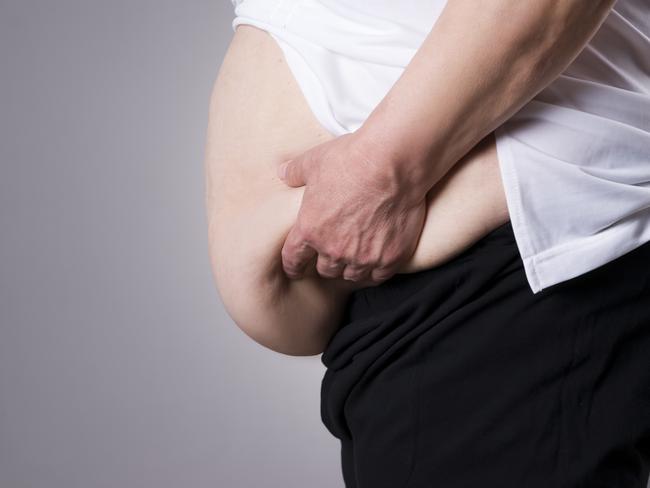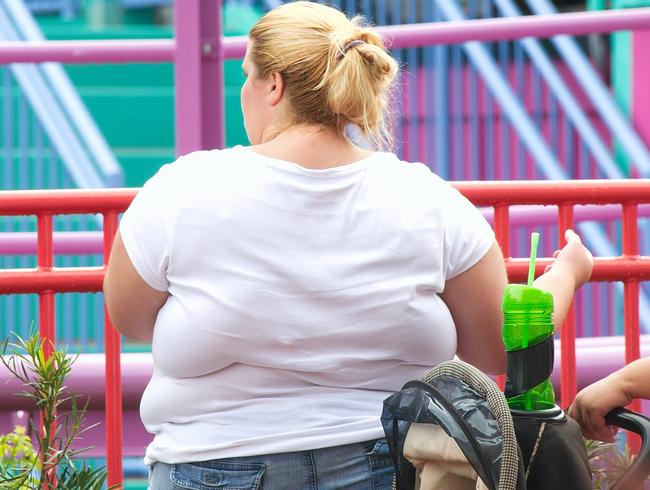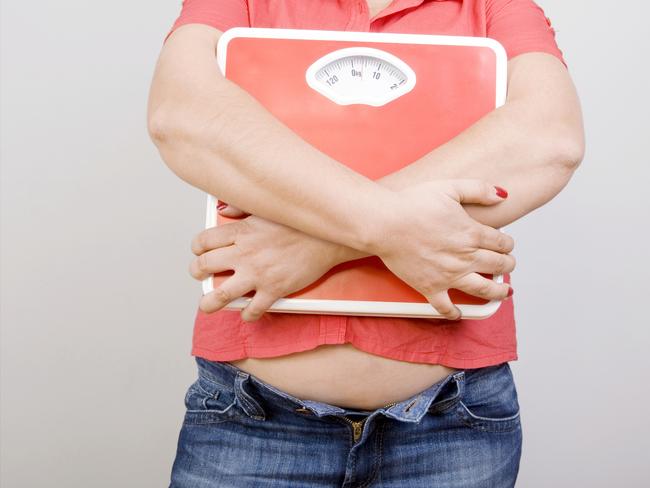Raiding superannuation to pay for obesity surgery could be stopped
THOUSANDS of Aussies are raiding their superannuation to pay for expensive obesity surgery. But new rules could put an end to the controversial practice.
Illness
Don't miss out on the headlines from Illness. Followed categories will be added to My News.
A MILLION severely obese Australians could have their right to access their superannuation to pay for expensive weight loss surgery curtailed, doctors fear.
The Federal Government is investigating whether it should tighten the rules around using superannuation funds for the purpose because it is severely eroding people’s retirement nest eggs.
More than $210 million in superannuation funds were released on compassionate grounds in
2016-17, with bariatric surgery the number one reason given for withdrawals.

Last year 21,216 obesity surgeries took place in Australia and around one in ten were funded by people raiding their superannuation.
If the rules are changed it could leave people with severe weight problems stranded because state governments are currently funding only a few hundred weight loss procedures each year in public hospitals.
Director of the Bodin Institute and the University of Sydney Professor Ian Caterson says the public sector would not be able to cope with the demand if the government restricted access to superannuation.

“If the government says, no, you can’t get superannuation they will be paying health bills in other areas, there will be more diabetes and less productivity. The cost of obesity to our health system is enormous,” he said.
However, there are concerns the withdrawal of funds from superannuation can cost people dearly when they retire.
Eight in ten of the people undergoing obesity surgery are women in their 40s and a $10,000 withdrawal from their superannuation could eventually cost them over $40,000 in retirement income.

Minister for Revenue and Financial Services Kelly O’Dwyer says the rules governing early release of superannuation have not changed substantially since 1997 and its time to review the whether they remain fit for purpose.
The inquiry is asking whether bariatric surgery can be considered genuinely necessary to treat a life-threatening illness and whether the government needs to be satisfied that the amount claimed for a particular treatment is ‘reasonable’.
There have been over 60 submissions to the government’s inquiry about accessing superannuation for financial hardship and compassionate grounds.
There have also been 10 roundtable discussions with interested parties.

Professor Caterson says only people who are properly assessed for the surgery and had a team around them to help them keep the weight off after surgery should be allowed to access their superannuation.
“Surgery only works in people who make changes, you’ve got to eat less, you can’t eat 16 meals a day and drink alcohol and coke after surgery,” he said.
State governments in NSW and Victoria have moved to introduce comprehensive public obesity surgery programs which provide such support but it will be years before they can cope with the demand.
The number of applications to access superannuation on medical grounds has increased around fivefold from around 2500 in 2010-11 to around 15,000 in 2016-17.
The amount of money approved for release has risen from $9000 on average to $14,000.
Two thirds of people who have obesity surgery now have a sleeve gastrectomy in which the size of their stomach is reduced by around 90 per cent so it can only hold 150ml of food.
People who have the surgery can eat a very small meal and feel full and the stomach sends a signal to the brain to turn off the hunger mechanism.
Around four in ten people who have obesity surgery have their Type 2 diabetes reversed.
On average people lose around 25 per cent of their total weight after the surgery, the registry shows.
Originally published as Raiding superannuation to pay for obesity surgery could be stopped


